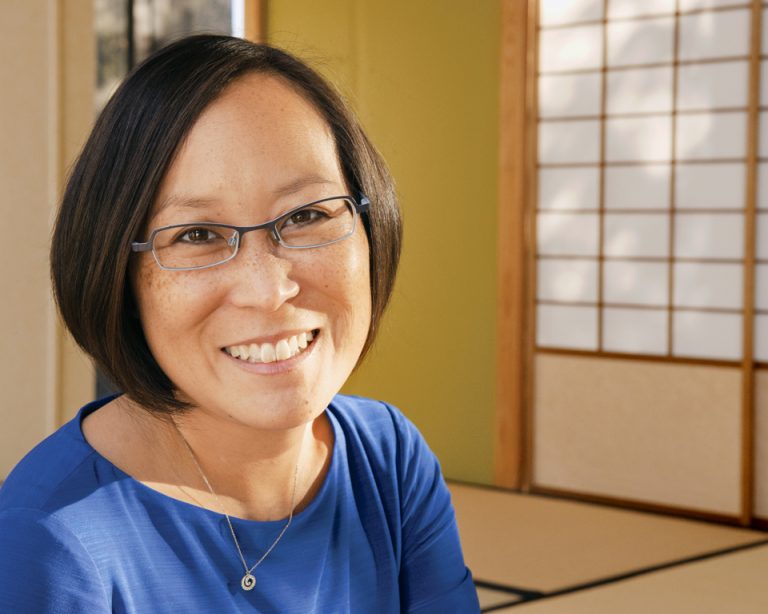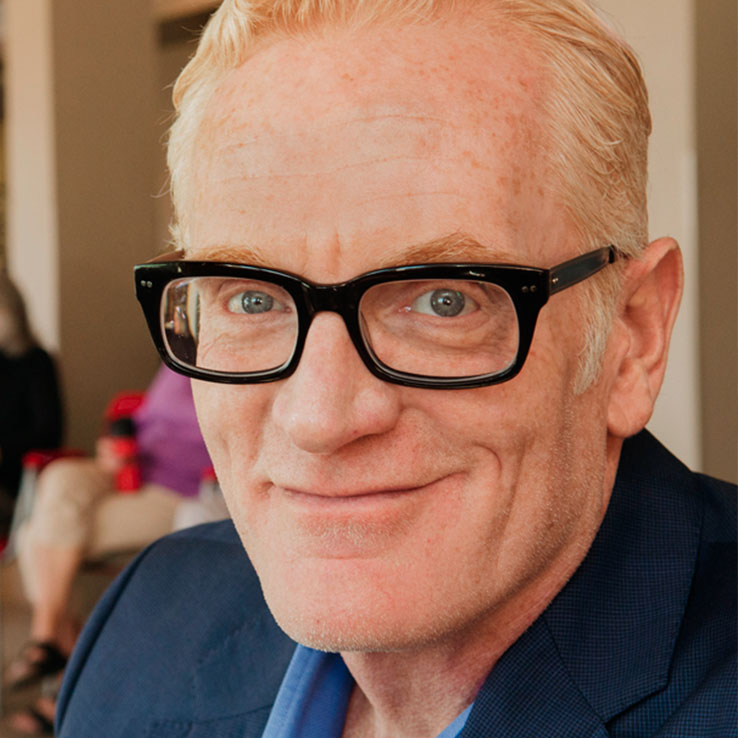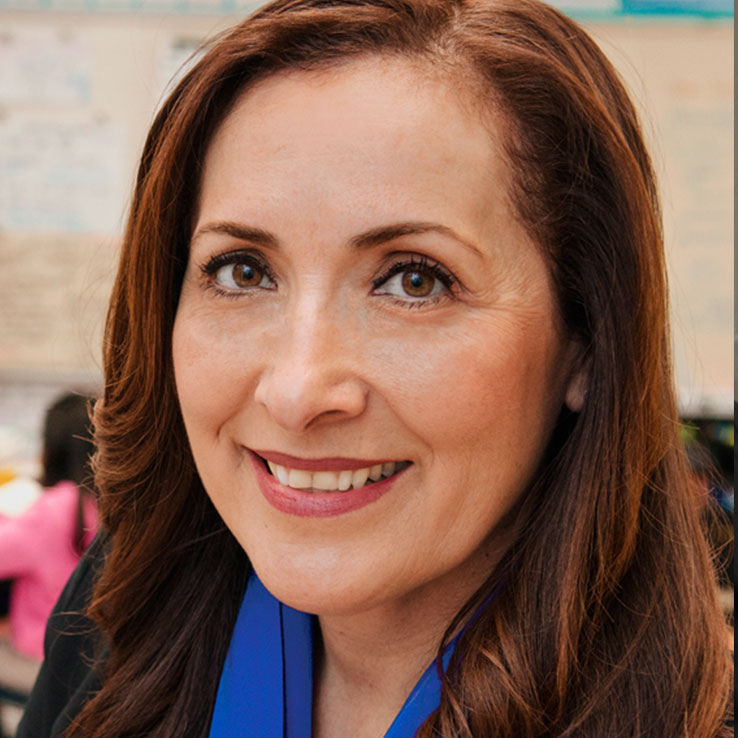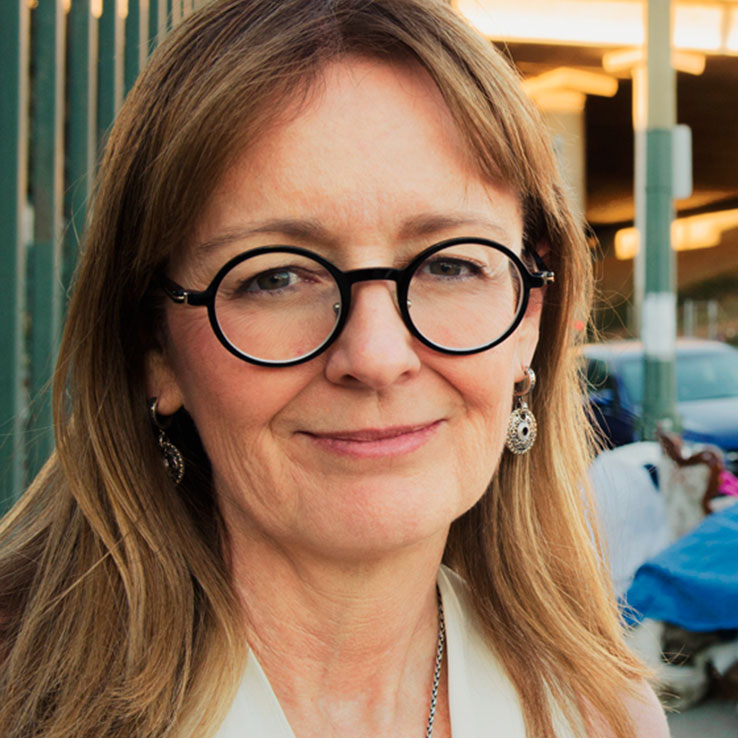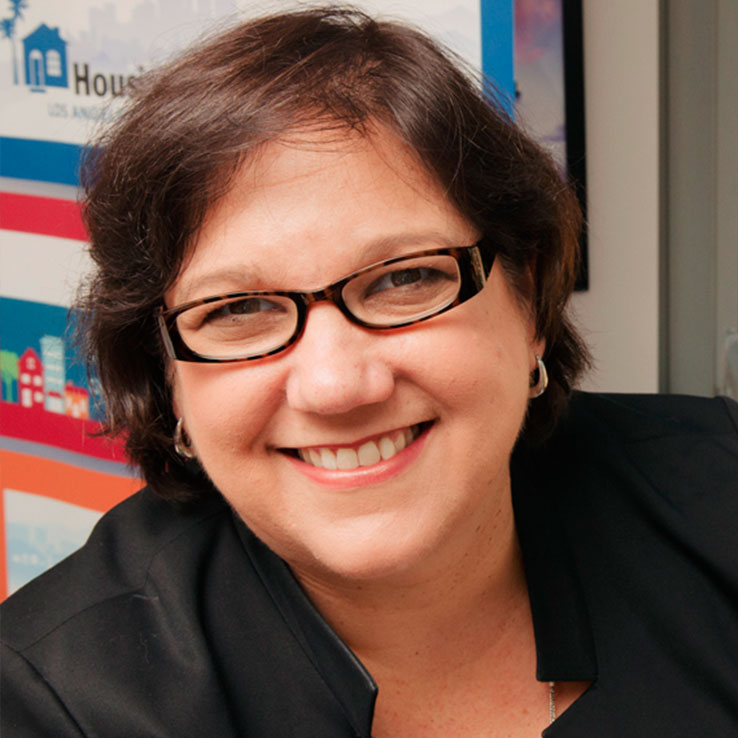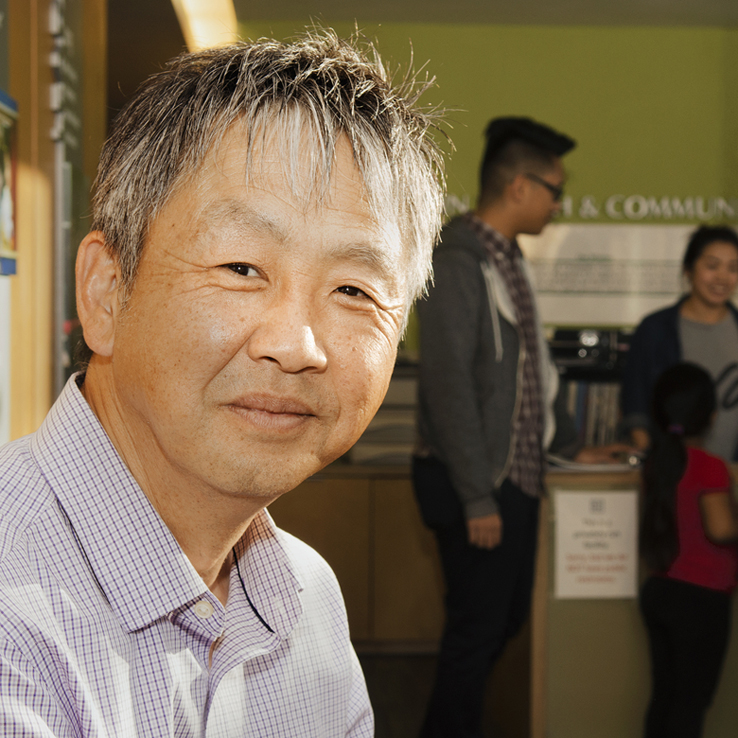Leslie A. Ito is the President and CEO of the Japanese American Cultural & Community Center, a cornerstone institution in Little Tokyo that offers everything from dance and music performances, Japanese tea and ikebana demonstrations to an Ukulele Center. A former Program Officer at the California Community Foundation, Leslie has worked deeply with visual, performing and traditional arts organizations in Los Angeles. She will investigate how community-based, ethnic specific organizations can reinvent themselves for a new generation in a changing social context and evolving cultural ecology.
Fellowship Summary:
In January 2016, I began my Stanton journey to investigate how community-based, ethnic specific organizations reinvent themselves for a new generation in a changing social context and evolving cultural ecology. My hunch was that I would find strategies towards reinvention by investigating indicators of change in leadership (both staff and board), fundraising strategies, relevant programming and unexpected partnerships. These best practices within culturally specific arts organizations would ultimately lead to organizational sustainability, in a traditionally under-valued and under-resourced sub-sector of the arts and culture field.
I interviewed national arts leaders and cultural practitioners and conducted literature reviews on cultural equity and inclusion. I also looked outside of the arts and culture sector, at alternative models of creative thinking in the fields of entrepreneurship, design and architecture paired with readings in race theory. I began to realize that my original research inquiry was flawed and my hunch was misguided. The indictors of change and the strategies to get there were not necessarily unique to communities of color. Furthermore, when I wrote the inquiry in summer of 2015, the world as we knew it was much different than it is today especially in terms of racial politics.
My findings led me to understand that communities of color and culturally specific arts organizations didn’t need to reinvent themselves, perhaps instead, we needed to return to a founding spirit. The phrase founding spirit is not meant to be religious. It refers to the essence, the philosophy or the feeling that is evoked through a certain action, a specific interaction or a conscious arrangement. Each person, organization and community will have a different answer to my original inquiry.
American playwright, August Wilson, captured it best: “Nor do we need the recognition of our blackness to be couched in abstract phrases like ‘artist of color.’ Who are you talking about? A Japanese artist? An Eskimo? A Filipino? A Mexican? A Cambodian? A Nigerian? An African American? Are we to suppose that if you put all of them on one side of the scale and one white person on the other side, that it would balance out? That whites carry that much spiritual weight? That one white person balances out the rest of humanity lumped together as nondescript ‘People of Color?’ We reject that. We are unique, and we are specific.”
My own journey took me through Japan to explore my roots and the founding spirit of the Japanese American Cultural & Community Center. I met with artisans and craftsmen: papermakers, textile artists, ceramic artists, and a tea kettle master. Each one of these artists were 11th-16th generation maintaining their family’s centuries old traditions. Each one of them expressed a similar approach. The landscape designer, Katsuaki Ogawa captured the overall sentiment of their philosophy on cultural preservation best.
Ogawa Sensei, a 12th generation landscape designer, met me at one of his ancestor’s gardens in Kyoto. As we sat on the verandah overlooking a lush green garden with layered perspectives, he explained to me his approach to maintaining his ancestors’ work. He strives to insure that the essence continued to be captured in the gardens rather than the exactness of preservation.
Spending time in Kanazawa, Japan with Master Ohi Chozaemon, an 11th generation ceramic artist and meeting others who are carrying on their family’s artistic traditions, sparked my interest in the nearly 500 year old tradition of the Japanese tea ceremony and how to connect its relevance to a contemporary context. The tea ceremony ritual is rooted in the values of harmony: (和 wa), respect (敬 kei), purity (清 sei), and tranquility (寂 jaku) that are relevant to contemporary society and can be shared across cultures and communities.
Using my own Stanton journey as a model, I created a set of questions for individuals, organizations and communities to consider in their own journey towards (re)connecting with a founding spirit.
- What does it mean to be rooted?
- How is time perceived?
- Who came before us and what have we learned from them that needs to be passed on? How do these lessons apply to contemporary life?
- How has scarcity or abundance affected us?
- What role does food play?
- How and where do multi-generations of people interact?
- How does physical space and scale impact culture?
- What is the role of ritual?
- What is enduring?
- How do we celebrate?
- How do we mourn?
By exploring these questions, perhaps there are answers to how we reconnect to tradition in contemporary ways, and how to create relevant, culturally rooted programming which will then lead to more engaged, invested leadership, donors and audiences. As each of us find our own path, the subsequent question is then, how do these collective stories begin to disrupt the “mainstream” perspective and shift these narratives to the center.
As a creative placemaker, I have built a home for these diverse narratives to reside. The Found(ing) Spirit blog http://www.jaccc.org/foundspirit captures both my own journey guided by these questions and a platform for colleagues to contribute their thoughts. The goal of the blog and the questions are to (re)center the cultural experiences of communities of color as we each (re)surface, (re)connect with our found(ing) spirits and disrupt the Eurocentric dominant culture.
As I conclude my Stanton Fellowship, I have developed new ways of learning and instituted better practices along the way. I have found a path for the Japanese American Cultural & Community Center by deepening my understanding of Japanese cultural values. Through these values, I continue to find culturally appropriate strategies rather than adopting Western, Eurocentric models. I expect that my work will continue far beyond the grant term, as I plan to continue writing and curating writers for the found(ing) spirit blog. Through the programs at JACCC, I will also continue to develop the tea ceremony as a way to engage the public and connect it with multi-ethnic communities to bring peace, equity and tranquility in our lives.
